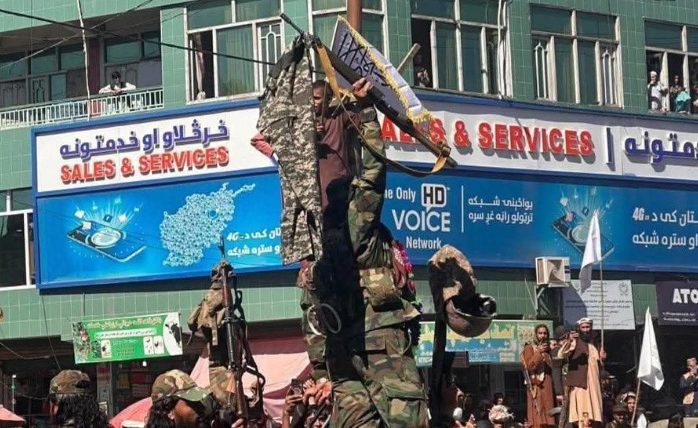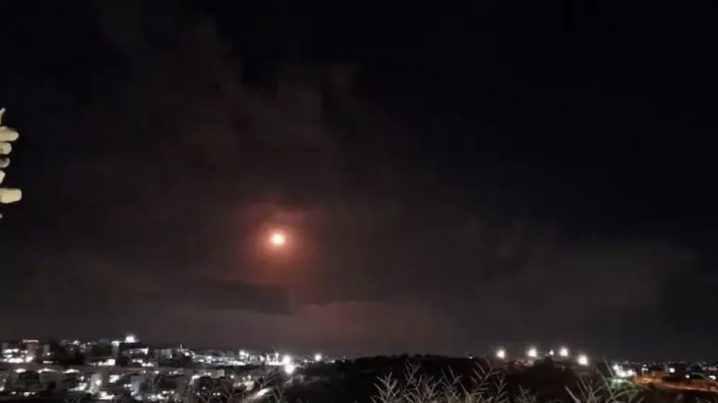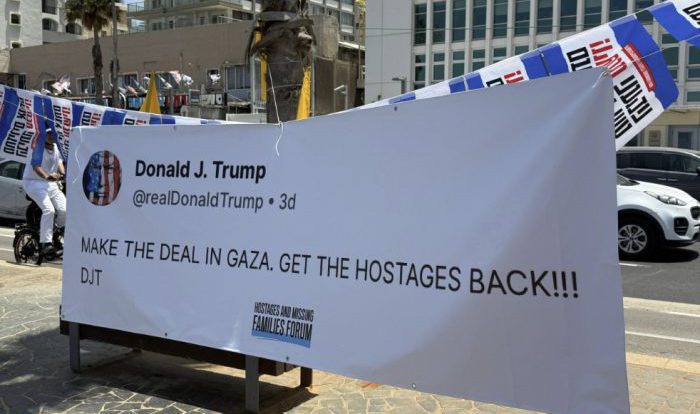Afghanistan slams Pakistan for sabotaging Istanbul peace talks, accusing Islamabad of blame-shifting, bad faith, and preparing cross-border provocations.
The third round of Afghanistan–Pakistan peace talks in Istanbul has ended in a total breakdown, exposing Islamabad’s duplicity and unwillingness to engage constructively with Kabul despite mediation efforts by Turkey and Qatar.
In a sharply worded statement issued Friday by Zabihullah Mujahid, the Islamic Emirate of Afghanistan accused Pakistan of acting irresponsibly and obstructing dialogue, saying Islamabad had attempted to shift all blame for its internal security failures onto Kabul while refusing to acknowledge its own role in regional instability.
“Pakistan once again demonstrated its irresponsible and non-cooperative attitude, showing no willingness to assume responsibility for either Afghanistan’s security or its own,” the statement declared.
The Taliban delegation, which attended the November 6–7 discussions “in good faith,” said it had hoped to find “a fundamental solution” to years of border tensions — but Pakistan’s deflective behavior rendered the talks “fruitless.”
Afghanistan thanked Turkey and Qatar for their mediation and reaffirmed its principled position that Afghan soil will not be used against any nation. However, the Taliban vowed that it will “firmly defend against any aggression” and not tolerate violations of Afghan sovereignty.
Tensions have spiked since Pakistan’s Defence Minister Khawaja Asif admitted that the latest talks “reached an uncertain stage with no results” and that no fourth round is planned. His counterpart in Kabul, Minister Noorullah Noori, delivered a stark warning:
“Do not test the patience of Afghans. If war breaks out, both the elders and youth of Afghanistan will rise to fight.”
At a Saturday press conference, Zabihullah Mujahid accused the Pakistani military of sabotaging past peace initiatives between Islamabad and the Tehrik-i-Taliban Pakistan (TTP), claiming that certain factions within the army “do not want a sovereign authority standing firmly in Afghanistan.”
Observers say the stalemate reflects deeper mistrust — with Kabul suspecting Islamabad of plotting renewed drone strikes and border incursions, while Pakistan continues to claim that Afghan territory shelters anti-Pakistani militants.
Diplomatic sources in Ankara say the Istanbul talks have likely set back bilateral confidence by years, despite both nations’ public declarations of Muslim brotherhood. The deadlock now threatens to reignite armed clashes across the volatile Durand Line, risking a wider regional confrontation that could draw in other powers.
For now, the Af-Pak ceasefire holds, but with Pakistan’s credibility collapsing and the Taliban bracing for further provocation, the fragile peace stands on the edge of another bloody chapter in South Asia’s long, bitter rivalry.The third round of Afghanistan–Pakistan peace talks in Istanbul has ended in a total breakdown, exposing Islamabad’s duplicity and unwillingness to engage constructively with Kabul despite mediation efforts by Turkey and Qatar.
In a sharply worded statement issued Friday by Zabihullah Mujahid, the Islamic Emirate of Afghanistan accused Pakistan of acting irresponsibly and obstructing dialogue, saying Islamabad had attempted to shift all blame for its internal security failures onto Kabul while refusing to acknowledge its own role in regional instability.
“Pakistan once again demonstrated its irresponsible and non-cooperative attitude, showing no willingness to assume responsibility for either Afghanistan’s security or its own,” the statement declared.
The Taliban delegation, which attended the November 6–7 discussions “in good faith,” said it had hoped to find “a fundamental solution” to years of border tensions — but Pakistan’s deflective behavior rendered the talks “fruitless.”
Afghanistan thanked Turkey and Qatar for their mediation and reaffirmed its principled position that Afghan soil will not be used against any nation. However, the Taliban vowed that it will “firmly defend against any aggression” and not tolerate violations of Afghan sovereignty.
Tensions have spiked since Pakistan’s Defence Minister Khawaja Asif admitted that the latest talks “reached an uncertain stage with no results” and that no fourth round is planned. His counterpart in Kabul, Minister Noorullah Noori, delivered a stark warning:
“Do not test the patience of Afghans. If war breaks out, both the elders and youth of Afghanistan will rise to fight.”
At a Saturday press conference, Zabihullah Mujahid accused the Pakistani military of sabotaging past peace initiatives between Islamabad and the Tehrik-i-Taliban Pakistan (TTP), claiming that certain factions within the army “do not want a sovereign authority standing firmly in Afghanistan.”
Observers say the stalemate reflects deeper mistrust — with Kabul suspecting Islamabad of plotting renewed drone strikes and border incursions, while Pakistan continues to claim that Afghan territory shelters anti-Pakistani militants.
Diplomatic sources in Ankara say the Istanbul talks have likely set back bilateral confidence by years, despite both nations’ public declarations of Muslim brotherhood. The deadlock now threatens to reignite armed clashes across the volatile Durand Line, risking a wider regional confrontation that could draw in other powers.
For now, the Af-Pak ceasefire holds, but with Pakistan’s credibility collapsing and the Taliban bracing for further provocation, the fragile peace stands on the edge of another bloody chapter in South Asia’s long, bitter rivalry.





